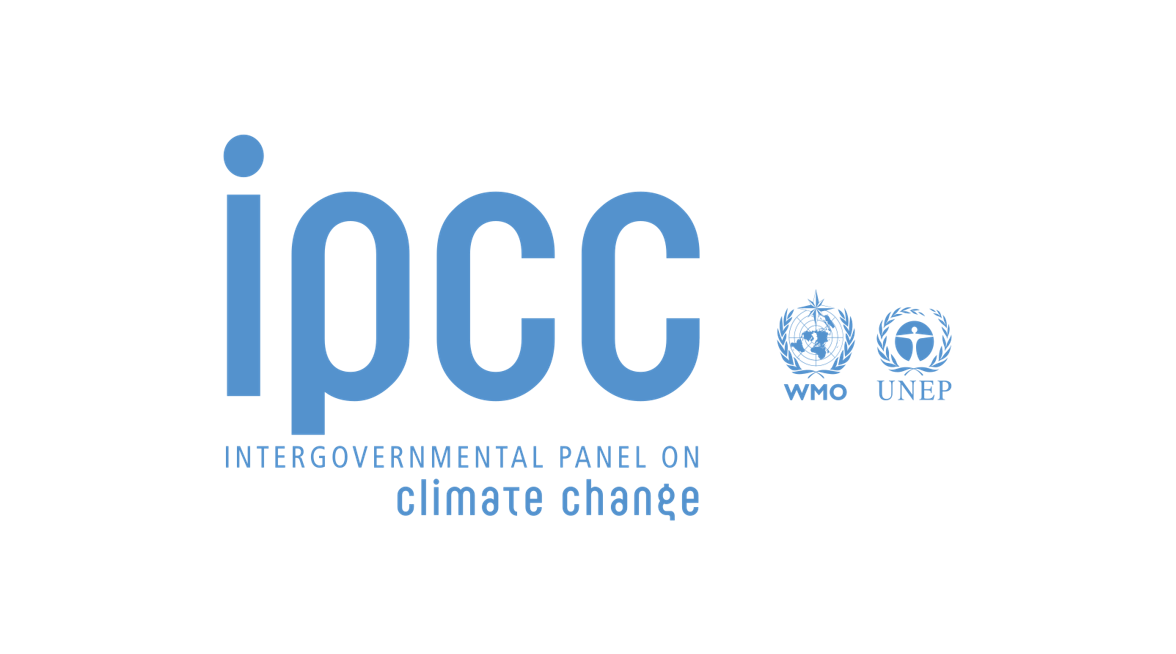GCoM-Gap Fund at the Energy Finance Academy: Enabling Energy Efficiency Solutions for Southeast Asian Cities

Jakarta, Indonesia | 11 July 2024 – The GCoM-Gap Fund partnership joined cities and partners at the Energy Finance Academy in exploring financing opportunities for energy efficiency solutions in the Southeast Asian region.
Organized by the C40 Cities Climate Leadership Group, the Energy Finance Academy discussed good practices and challenges in project preparation and implementation of building energy efficiency projects and finance mechanisms to support cities’ net zero targets and energy consumption.
It brought together eleven cities from Indonesia (Balikpapan, Palembang, Jakarta, Tangerang, Bitung, Semarang); Malaysia (Kuala Lumpur, Padawan, Melaka); Philippines (Quezon City); and Thailand (Bangkok).
City representatives were exposed to different financing strategies and mechanisms to finance net zero carbon building and infrastructures projects at the Academy.
The regional team of the GCoM-Gap Fund partnership for South Asia and Southeast, represented by Jazlyn Lee, Regional Engagement Lead, and Marvin Lagonera, City Advisor, facilitated a group workshop to identify challenges and opportunities for project preparation.
The team developed a set of guided questions to help cities to capture the essence and key information of their projects. Cities had the opportunity to share their experiences with each other in preparing energy efficiency projects.
The following were highlighted as key challenges and barriers that Southeast Asian cities faced during the project preparation stage:
- Limited in-house technical capacity and resources for project preparation: While cities possess in-house staff capacity with the relevant technical background, the scope and scale of energy efficiency projects can sometimes require significant manpower, budget, and technical expertise. The highly technical nature of energy efficiency studies such as audits, site analyses, and technology assessments, can be challenging for many cities.
- Lack of energy efficiency data for targeted sites: Collecting and processing relevant energy efficiency data to inform project preparation can be challenging. Various data points, such as baseline data, audits, benefits in terms of GHG emission reductions and energy savings, are often not readily available, or may require resources and technical expertise.
- Gaps in financial analysis for energy efficiency projects: Undertaking relevant analysis of financial aspects of the project often require external technical experts. Analysis often needed include project budget estimation, financial viability, cost-effectiveness, and appropriate business models.
- Policy and regulatory barriers: Cities cited potential barriers in terms of policy and regulatory frameworks around implementation arrangements, environmental and social risk assessments, procurement, and strategy roadmaps for the expansion of projects.

